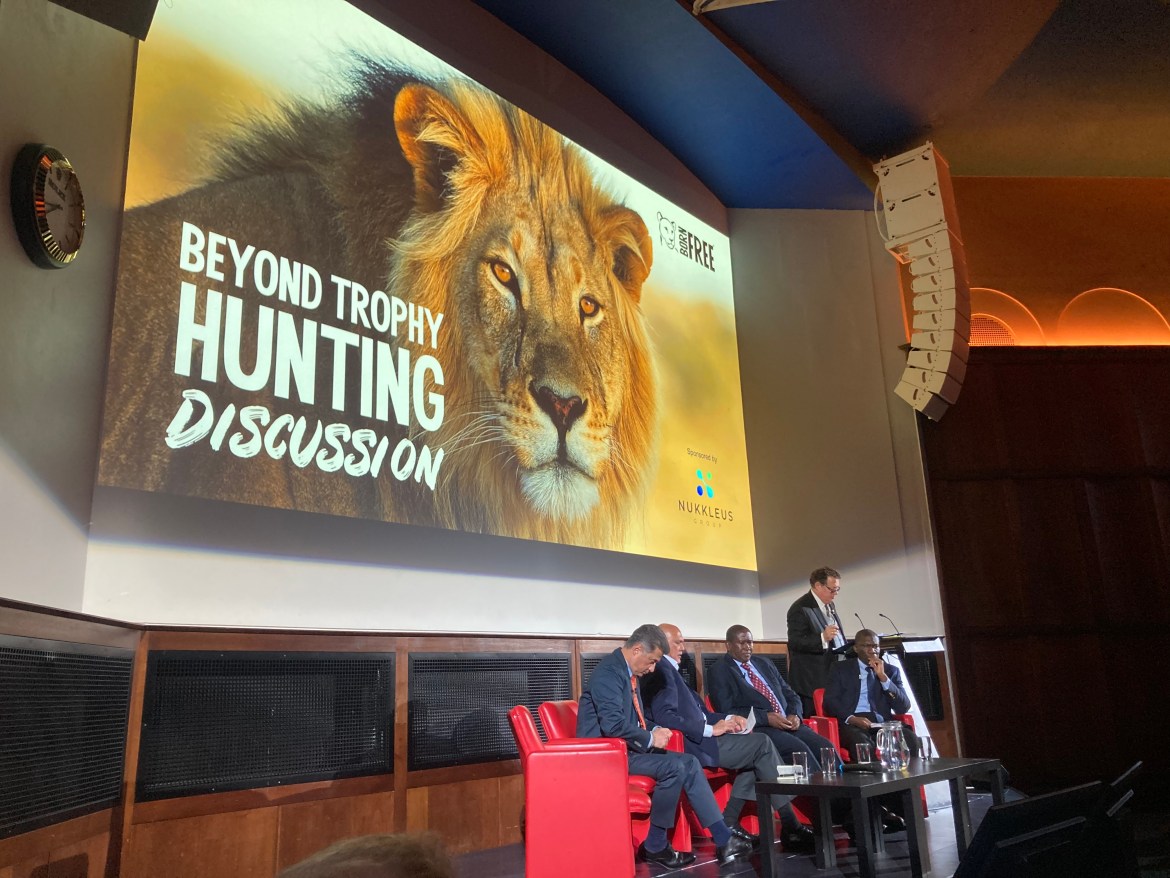
It’s time to look earlier the ethical debate of whether or not or not or not trophy trying should exist, and as an alternative look forward to the viable totally different routes to carry a scalable financial system to native communities all by means of Africa – one which utilises residing alongside wildlife, with out (over)exploiting it.
That was the message and goal of ‘Earlier Trophy Making an attempt’, a particular occasion held on the Royal Geographical Society (RGS) on the tip of 2022. The fairly just a few and motivating evening of discussions focussed on member conservancies, ecotourism, carbon credit score rating and biodiversity credit score rating amongst utterly totally different potential decisions, as decisions to trophy trying which can present a viable, clear, community-lead, financial system for native and indigenous communities.
It was well-known early on in proceedings that on account of the quickest urbanising continent on the planet; Africa, could be basically probably the most dramatically altering continent of the twenty first century – and though trophy trying happens the world over, Africa may be the precept focus of the discussions occurring.
What occurred at Earlier Trophy Making an attempt?
How do you condense such an enormous matter into one night of debate? And likewise, how does one translate that correct proper right into a coherent weblog put up? Let’s give it a strive…
Firstly, I absolutely don’t agree with trophy trying – in case you’ve examine my weblog prior to, you’ll know I promoting advertising and marketing marketing campaign within the path of it, so let’s merely get that out of the best way through which whereby now. I’m going to do my largest to share correct proper right here the messages (and my interpretation of them) which had been launched on the afore talked about ‘Earlier Trophy Making an attempt’ occasion; which endeavoured to stay impartial to the ethical debate and centered on a solutions-based narrative. Even so, the primary diploma that springs to my concepts is the easy proven fact that trophy trying is constructed on a mannequin that monetises one second all through the lifetime of an animal; its lack of life. As rapidly as a result of the one-time transaction is made, and that’s life ended, there is not any more money to be constituted of that single animal at present.
Establishing an financial system all through the worth of a residing creature appears the pure place to begin for explaining why there’s a necessity for various decisions to creating wildlife-based earnings for communities; why this night of discussions was essential; and why it was occurring.
There’s furthermore an argument for ending the Neo colonial observe of westerners coming into Africa, killing its wildlife and taking it as soon as extra to their properties as a prize – however I’m not the changing into specific explicit particular person to type out that debate. Strive Paula Kahumbu’s type out that as an alternative.
To supply considerably diversified illustration, most individuals dialogue on the RGS concerned panellists: Timothy Kamuzu Phiri, an environmental educator and activist, and Authorities Director of Mizu Eco-Care in Zambia; Tom Lalampaa, CEO of Kenya’s Northern Rangelands Notion (NRT) {{and professional}} in community-run conservation; Praveen Moman, Founding father of Volcanoes Safaris, which is on the forefront of reviving ecotourism in post-conflict Uganda and Rwanda and Dr Ralph Chami, Assistant Director of the Worldwide Financial Fund and Co-Founding father of Blue Inexperienced Future and Rebalance Earth, chaired by Will Travers OBE, Co-Founding father of Born Free Basis.
Put merely, the take residence messages that appeared to resound many events in the midst of the course of the night have been that:
- Neighborhood possession is essential
- wildlife requires connectivity and corridors
- tourism must be the prevented from over powering conservation
- and that credit score rating (every carbon or biodiversity credit score rating) mustn’t create a observe of ‘enterprise as regular’ excused by offsetting.
Though a wealth of fascinating dialogue and viewers Q&A occurred, I’d wish to focus now on the components that resonated most with me after years of campaigning to see an finish to trophy trying each residence and overseas, and what I felt left almost certainly basically probably the most to think about over.
Selections that defend nature should preserve all through the arms of native folks, however with sturdy constructions of governance…
Key to plenty of the viable decisions talked about all by the evening was the clear message that native decisions require native folks. It could appear apparent, however with typical technique of funding involving plenty of stakeholders – generally with cash coming from rich western nations – it may very well be the case (and sometimes has been) that administration of what occurs to African nature and wildlife is all through the arms of the place the cash comes from.
One amongst many stand out phrases from the night was that we should always all the time search to create “conservation of inclusivity, as an alternative of exclusion”, and this undoubtedly extends to land possession.
It’s crucially essential for the best way through which forward for conservation that land rights belong to indigenous communities, and panellists implored that western conservationists ought to assist native and indigenous folks with establishing their very private constructions of funding, transparency and governance.
“We have to change our mindsets to solely accept that communities might non-public factors,” obtained proper right here one integral remark from the panel.
Among the many many many different strategies of the best way through which we’re going to create group owned and clear technique of funding was the proposal from Dr Ralph Chami that carbon credit score rating should flip into equal in worth, guaranteeing costs of sale and alternate preserve the an similar all by the chain.
I latterly listened to an episode of The Guardian podcast relating to the discrepancy in environmental worth of carbon credit score rating too, and though I didn’t choose up on that being launched on the occasion, I might personally put ahead that that needs consideration furthermore. It a minimal of enhances Dr Ralph’s philosophy that it’s “larger to put money into the resilience of the forest, and stabilise communities”.
Via governance, Timothy Kamuzu Phiri well-known the challenges of parliamentary governance, stating as an alternative that; “the biodiversity and native local weather crises counsel we’re going to’t look forward to governments to take heed to — it should require a bottom-up approach, led by native communities.”
We should all the time check out what wildlife is value in financial worth
Put merely, conservation has to pay, and we now must utilise a mannequin new methodology of trying on the worth of ecosystems. By way of advisable technique of appropriately managed tourism, carbon credit score rating and biodiversity credit score rating, conservation should pay in an effort to harness political will and to incentivise native folks to retain land possession.
The dialog turned to the truth that the worth must be given to LIVING nature and ecosystems which may very well be valued as untouched, fairly than exploited by tourism operators that aren’t ‘biodiversity good’ and ‘carbon cowboys’ trying to find up carbon seize belongings from communities.
For this to occur effectively, indigenous communities who’re typically in determined want of finance, potential require cash upfront to incentivise holding onto their owned land, fairly than promoting it for fast cash (generally massively under-priced). This opened up dialogue spherical down funds for land rental.
Ralph Chami likened this to rental deposits on properties, the place land is rented to philanthropists merely to stay as is, unexploited.
Panellist Tom Lalampaa was in a position to converse to the worth of retaining land possession for carbon sequestration, sharing that Kenya’s Northern Rangelands Notion (NRT), of which he’s CEO, oversees a really highly effective soil carbon downside on the earth with a worth of £4.6 million in 2022 from soil carbon credit score rating – all whereas supporting species restoration.
Praveen Moman in distinction the worth of ecotourism as a means of giving nature financial worth. He spoke of the pressures on wild areas in Rwanda attributable to new cities being created, which impacts the prospect of land being bought to be saved in its pure state. As cities improve, land is required to assist progress, together with a requirement for supporting suppliers, reminiscent of roads, waste disposal, water suppliers, and loads of others.
Utilising land wealthy in biodiversity as a vacationer journey spot has extended been used as a instrument to carry cash from the west to Worldwide South worldwide areas – however insuring that cash is distributed rightly amongst group stakeholders has historically been neglected. Furthermore it is value noting the long run impression of tourism on these areas – as I’ve lined prior to on this weblog in relation to the Maasai Mara.
Praveen issued the reminder that ‘an excessive amount of tourism kills, however no tourism furthermore kills’ with regards to hanging this steadiness.
The alternatives would require a multi-faceted approach
It’s abundantly clear that no one-size will match all in the event you occur to take Africa on a country-by-country foundation – as one absolutely should; and it was duly well-known that discussions occurring have been happening all through the celebrated venue in London, and certainly not on the continent by which we’re all referring to.
Nonetheless, it appeared clear to me that even with the small handful of nations represented on stage, a multi-faceted approach may be wanted even on a per nation foundation.
Finally, what was being proposed was group retained land possession secured by way of a down cost system; structured, community-led ecotourism; monetising the worth of intact ecosystems with a ‘Rebalance Earth’ biodiversity credit score rating approach, and carbon sequestration that furthermore recognises the carbon worth of fauna interacting with flora — which isn’t merely seen as a trade-off to proceed enterprise as regular.
Rolling out these decisions to create tangible, measurable worth would comprise willingness to take part from plenty of stakeholders, at first native folks residing in these biodiversity-rich environments.
Hypothetically, if the bottom-up approach spotlighted by Timothy Kamuzu Phiri may impact Governmental safety all through the specified methodology, there would nonetheless be a must comprise utterly totally different sectors in these decisions — notably economists, to bridge the funding hole.
“We should all the time see conversationists educating and dealing with the Finance sector,” Ralph Chami proposed, noting that the sector had beforehand been ostracised and so has continued to put money into extractive suppliers.
There’s a funding hole that we now must be additional fashionable in filling
Ralph’s want to see economists launched nearer into the fold comes from a necessity to go searching additional fashionable methods to finance these decisions in a technique which can allow a fairer distribution of wealth.
From his professional standpoint as Assistant Director of the Worldwide Financial Fund, he was in a position to breakdown the optimistic elements that Governments stand to accumulate in promoting carbon credit score rating; and the best way through which these optimistic elements have the potential to appreciate indigenous peoples and wildlife, if solely the administration mechanism stays clear, and due care is given to the asset that produces carbon.
That is the place a Rebalance Earth approach is obtainable in, centring the notion of carbon seize requiring wildlife interacting. Rebalance Earth calculates the carbon worth of an animal, and equates that to the price of a tonne or carbon – thus calculating the worth of animal as a carbon seize service.
“Give it some thought as paying the animal a wage for a job; on this case carbon sequestration,” he outlined.
He added that for carbon credit score rating to essentially work in favour of conservation, a authorised framework needs to be developed and carried out, as presently ‘carbon credit score rating mustn’t all made equal’.
The present value of carbon dioxide has sky rocketed, presently value US$100 per tonne, however Ralph outlined that an individual in Africa on the extent of carbon seize might solely be paid $11 per tonne.
Searching for community-owed carbon credit score rating would on account of this fact be preferable, however it may very well be exhausting to inform aside between these from privately owned land the place governance hides the transparency of the chain and worth at every stage.
“One value of carbon is required — and blockchain is reply,” Ralph outlined.
One totally different advantage of such a system is that whereas Governments don’t generally recognise ancestral rights, the Rebalance Earth mannequin gives alternate choices for ecosystems service to be monetised on behalf of communities, as per Ralph’s mantra; “by no means promote the asset, lease the service,’ likening it to being a house proprietor who rents. “Keep the possession with the indigenous communities.”
Timothy reiterated the necessity for a backside up approach, citing that area people leaders are wanted as a lot, if no more than governance.
It was well-known that for carbon credit score rating to essentially income rural populations, their community-led administration would require:
- Transparency
- Good communications
- Truthful distribution of wealth
He furthermore warned of the unfavorable aspect of carbon credit score rating, the place they provide alternate choices to trade-off for ‘enterprise as regular’.
“They’re often seen as a free totally different to hold on polluting and doing your entire factors that launched us into this downside, so long as it’s traded off.”
Selections is probably not wonderful, however they should begin now
“Ready for utterly funded decisions will not be viable in quite a few areas, why is it anticipated correct proper right here?” – I give it some thought was host Will Travers who raised the purpose, and constructive, it does appear important to think about and implement halfway decisions, like we do with regards to renewable vitality.
The devastation already being attributable to the biodiversity and native local weather crises counsel we’re going to’t look forward to governments to take heed to — and we don’t have time to attend for a full and full reply. We should all the time begin now for the sake of biodiversity and restore as we go.
“Don’t let the right be the enemy of the nice,” as Ralph Chami put it. “Implement at the moment, wonderful tomorrow.”
Since I attended the Earlier Trophy Making an attempt night, the UN printed a analysis paper purposely forward of the United Nations Biodiversity Convention (COP15), formally backing biodiversity credit score rating as a key native local weather finance gadget.
Biodiversity credit score rating have been positively debated at COP15, with analysts suggesting that almost certainly basically probably the most troublesome query is how one can worth biodiversity – a query that Ralph would potential reply with highlighting the significance of wildlife interacting with its setting — for example, as seed dispersers, land fertilisers and ecosystem engineers — and calculating its worth as a carbon service. The carbon worth he designated a single forest elephant is $1.75 million.
Whereas the COP19 CITES convention occurred in November with no economists represented, December’s COP15 was furthermore not with out its shortcomings – with folks primarily discussing ‘voluntary markets’ run by the non-public sector fairly than ‘compliance markets’ searching for and selling government-mandated investments.
Some doubted that voluntary credit score rating would entice ample funding; a stage furthermore talked about on the Earlier Trophy Making an attempt night.
Viewers member Simon Jones, Founding father of Serving to Rhinos UK, acknowledged that 23% of trophy trying takes place in South Africa (second solely to Canada), and utterly on private land.
“How can we take these concepts to private land house owners?” he requested.
“Rebalance Earth is a purely funding totally different,” Ralph answered considerably confidently. “Make the proposition to land house owners, educate them.”
I suppose that solely time will inform whether or not or not or not these decisions have satisfactory of an enchantment to see mass uptake for the sake of sparing the lives of wildlife presently residing as trophy trying ‘inventory’; and positively biodiversity at massive.
And as I’ve learnt all through the last decade and additional that I’ve been writing as ‘Kate on Conservation’, time is, sadly, one issue we merely can’t afford to squander.
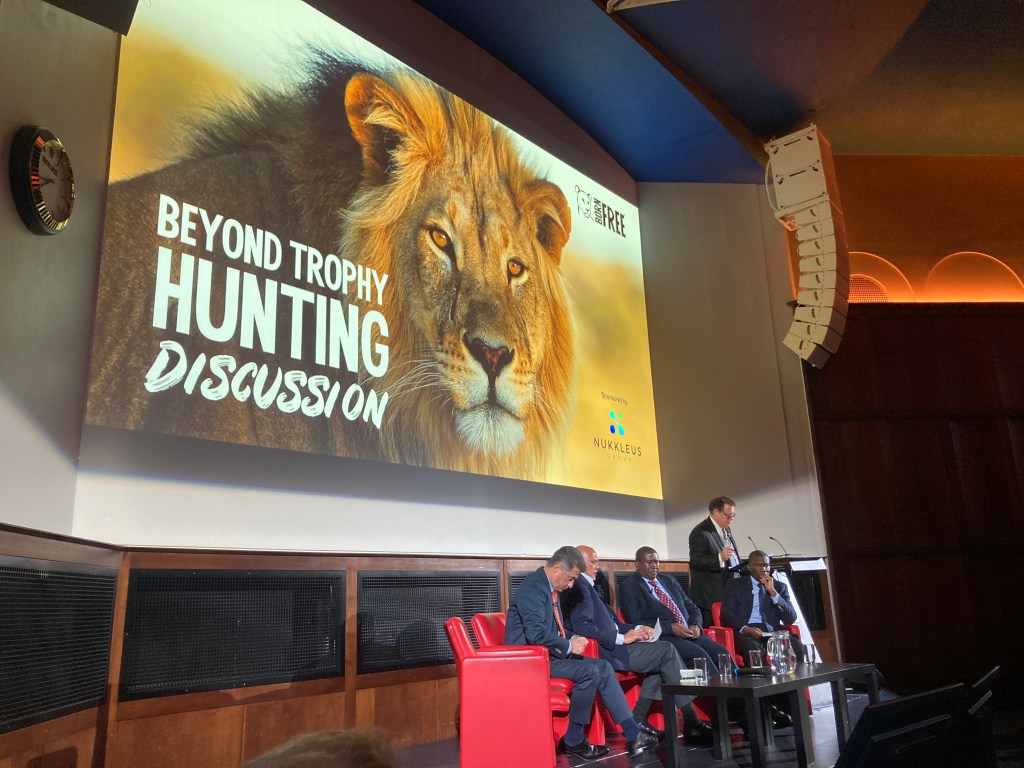

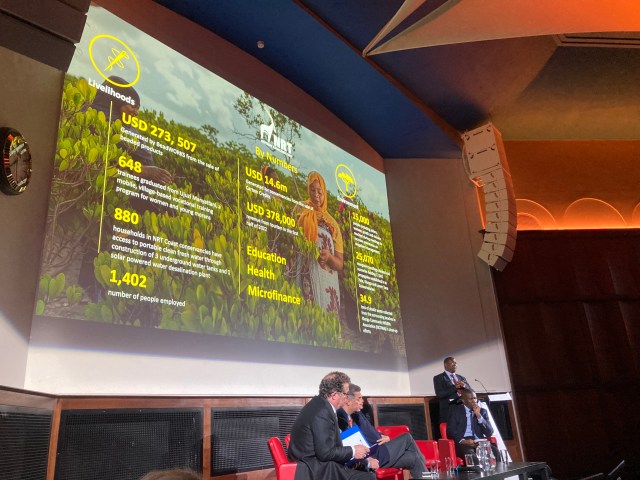
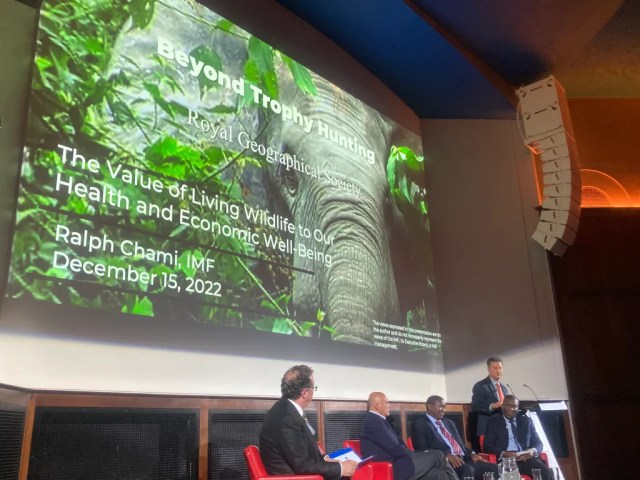
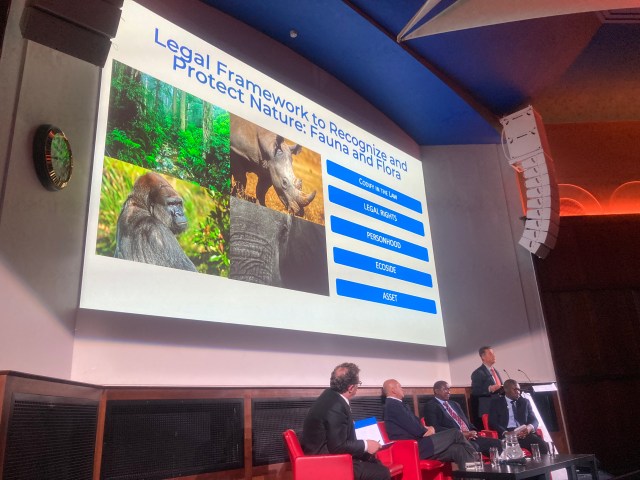

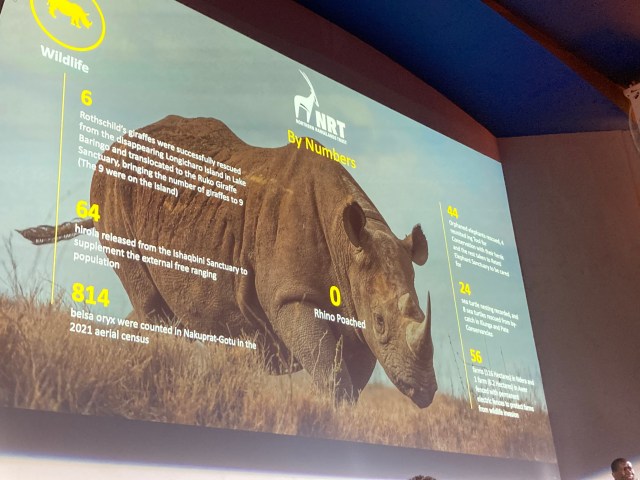
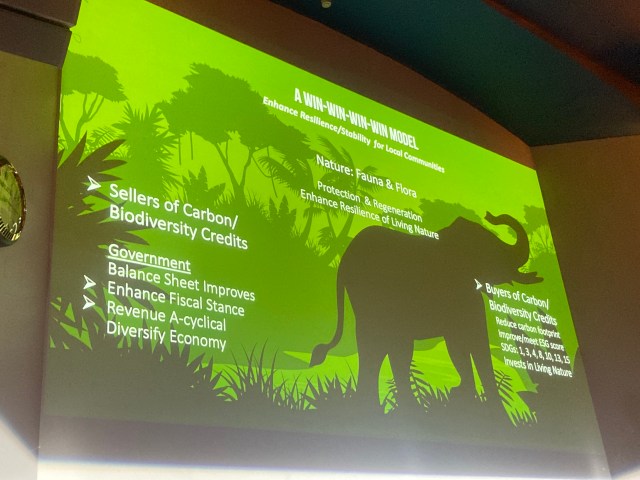

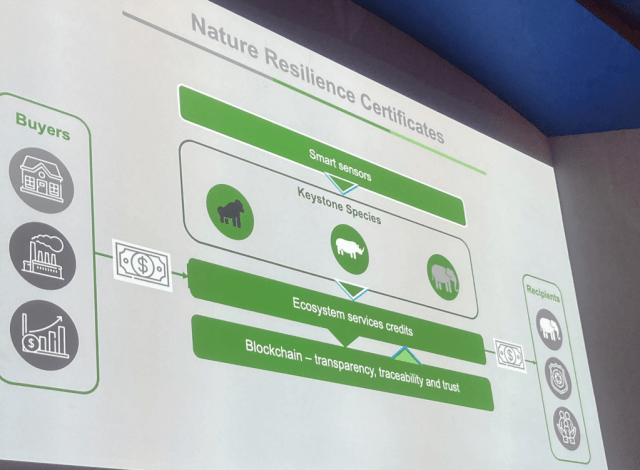
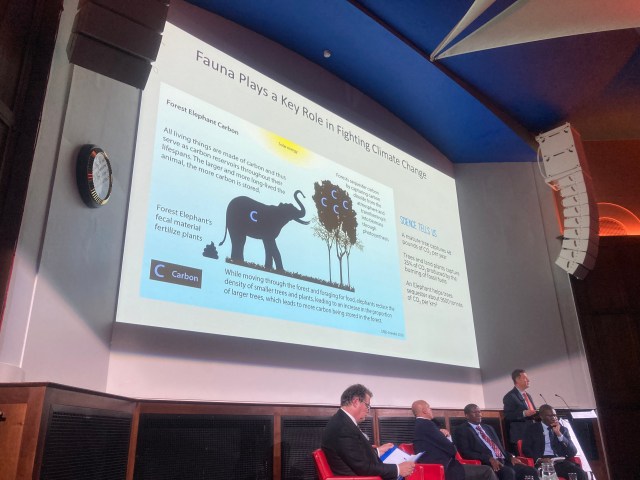
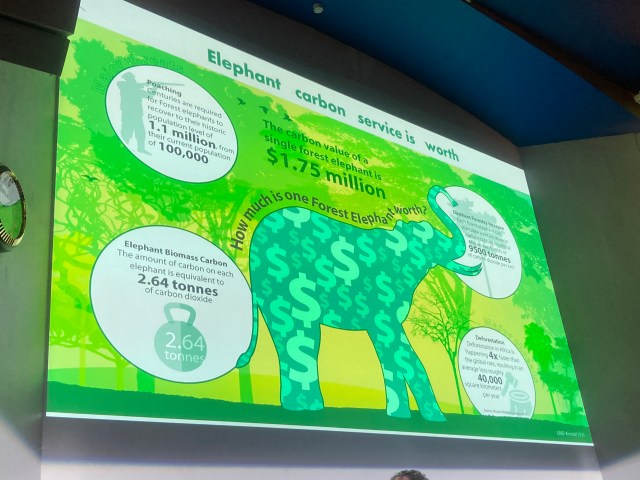
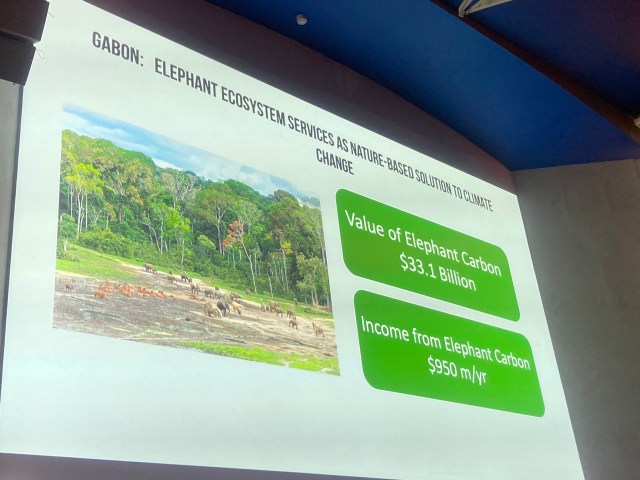


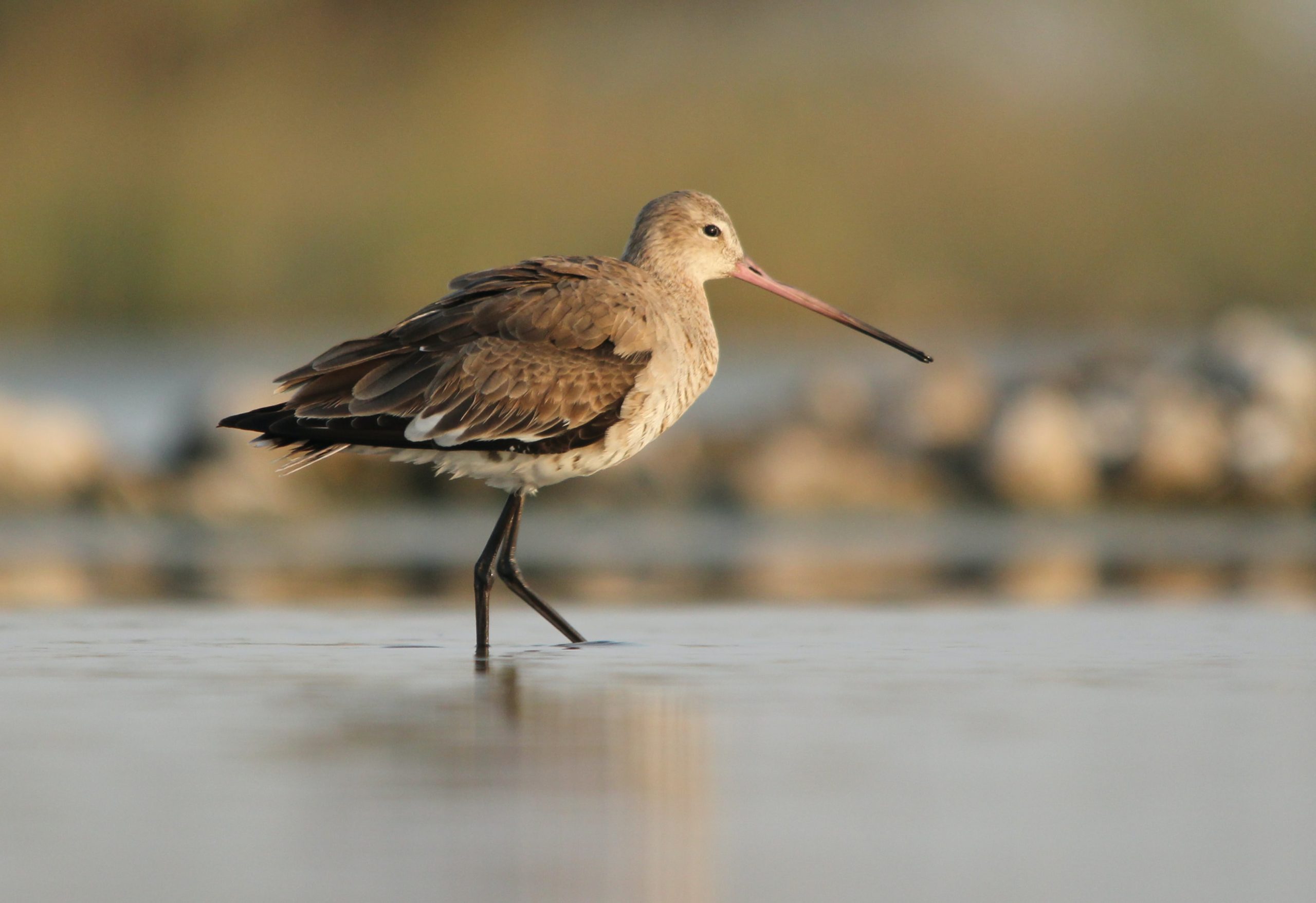
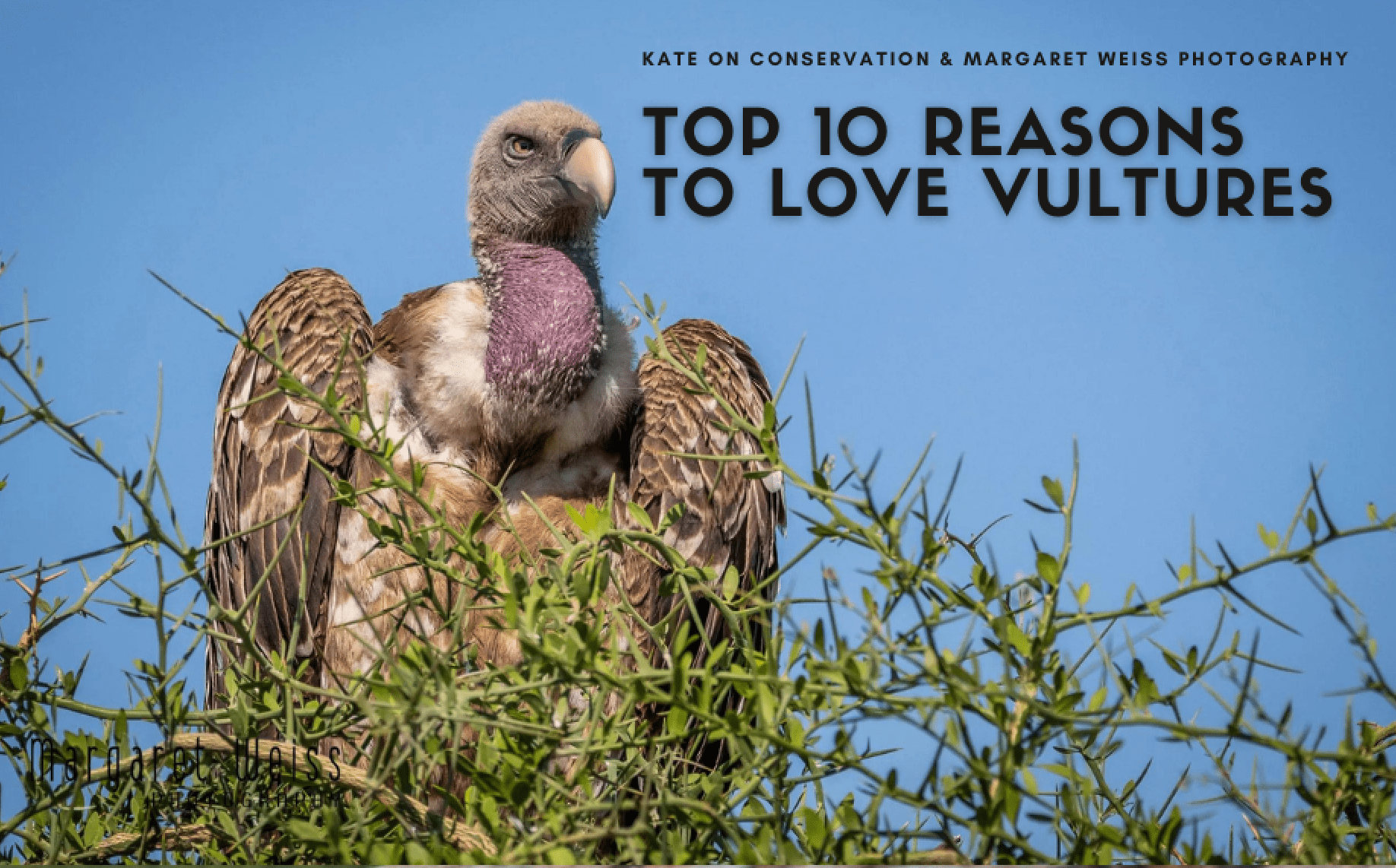
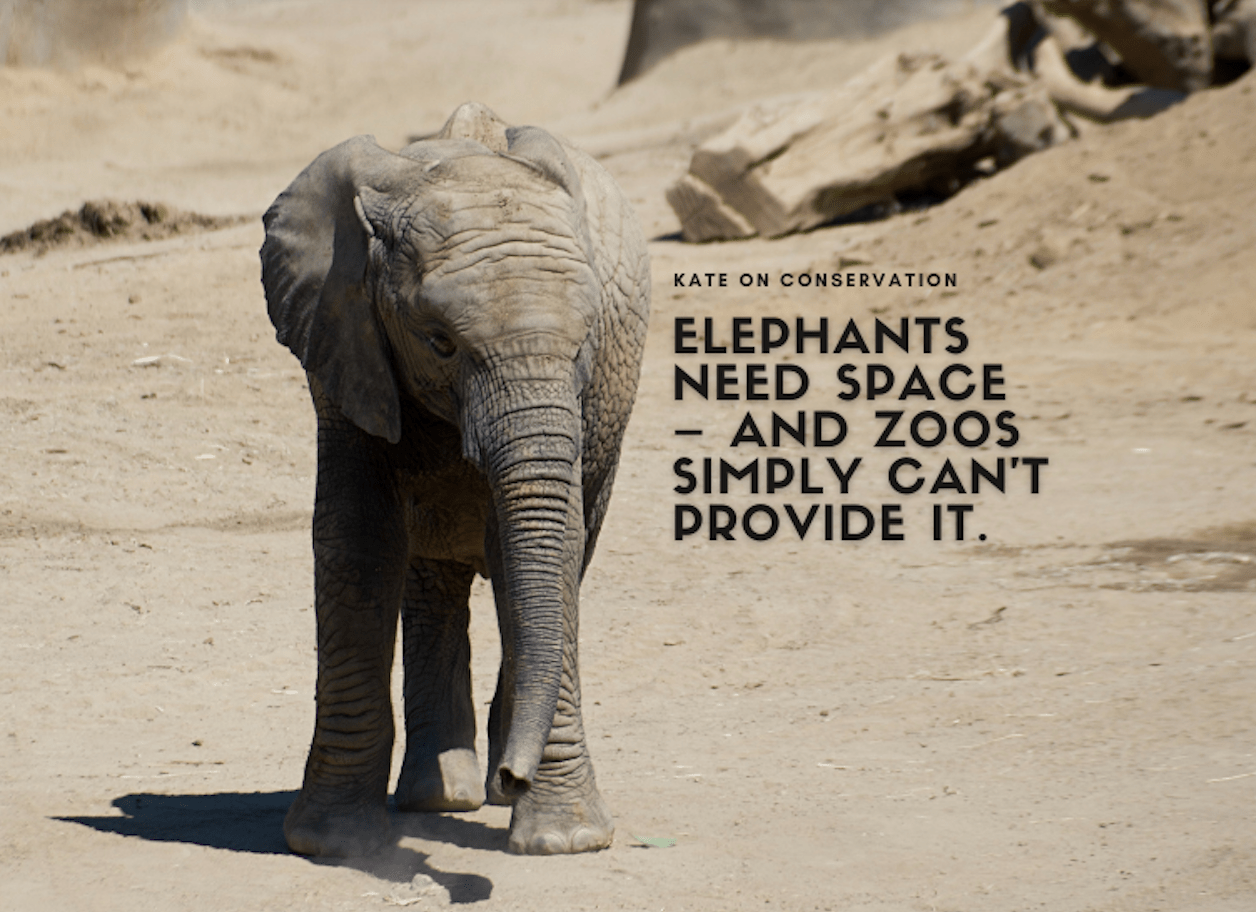
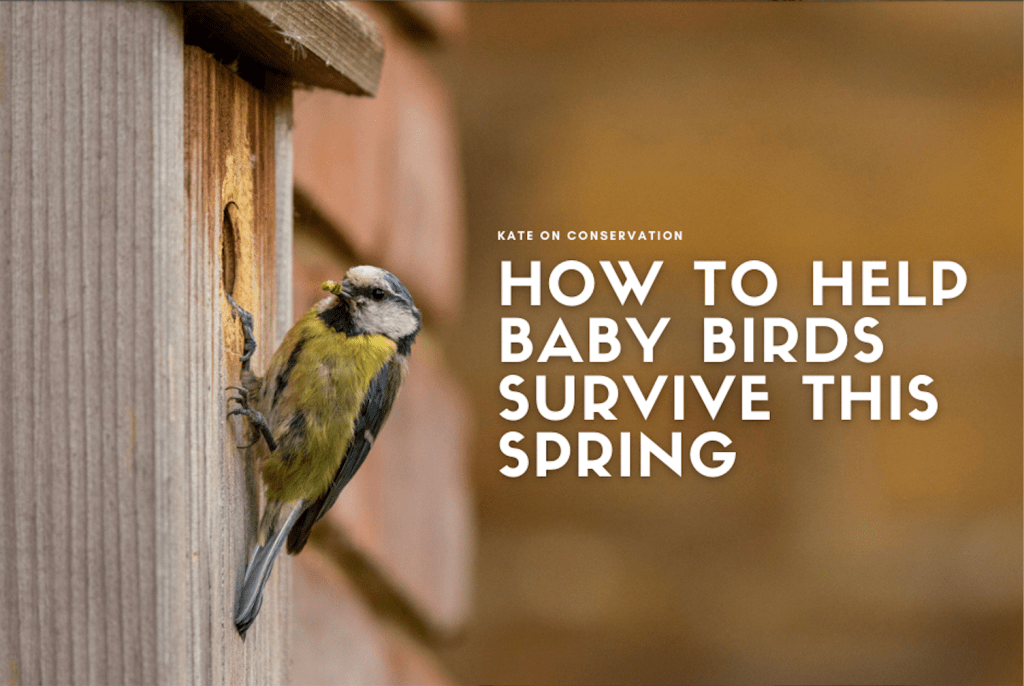

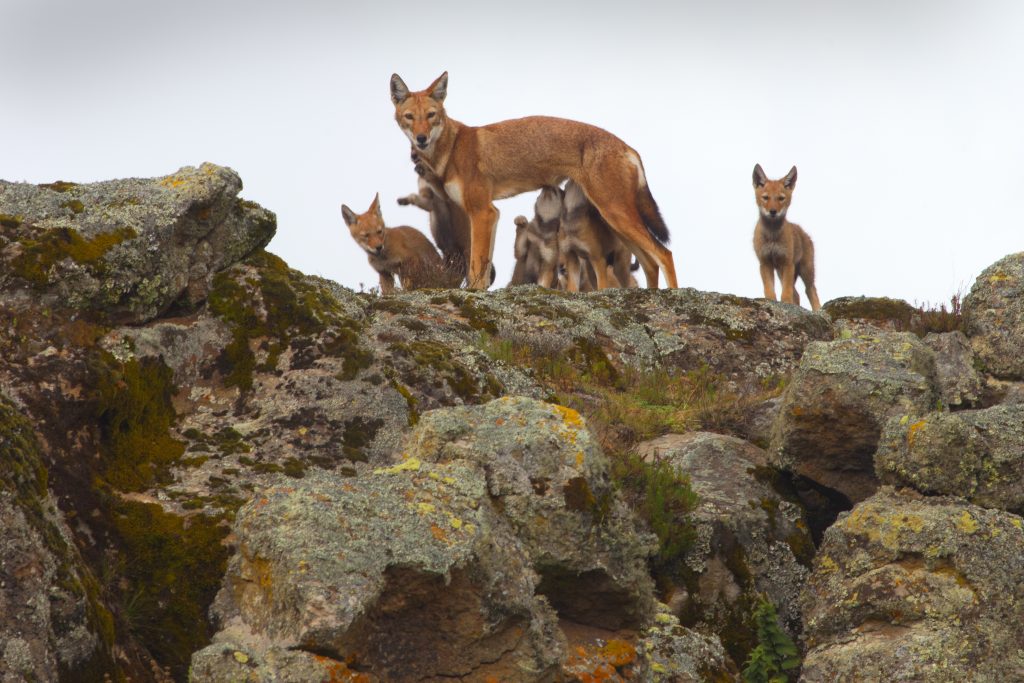

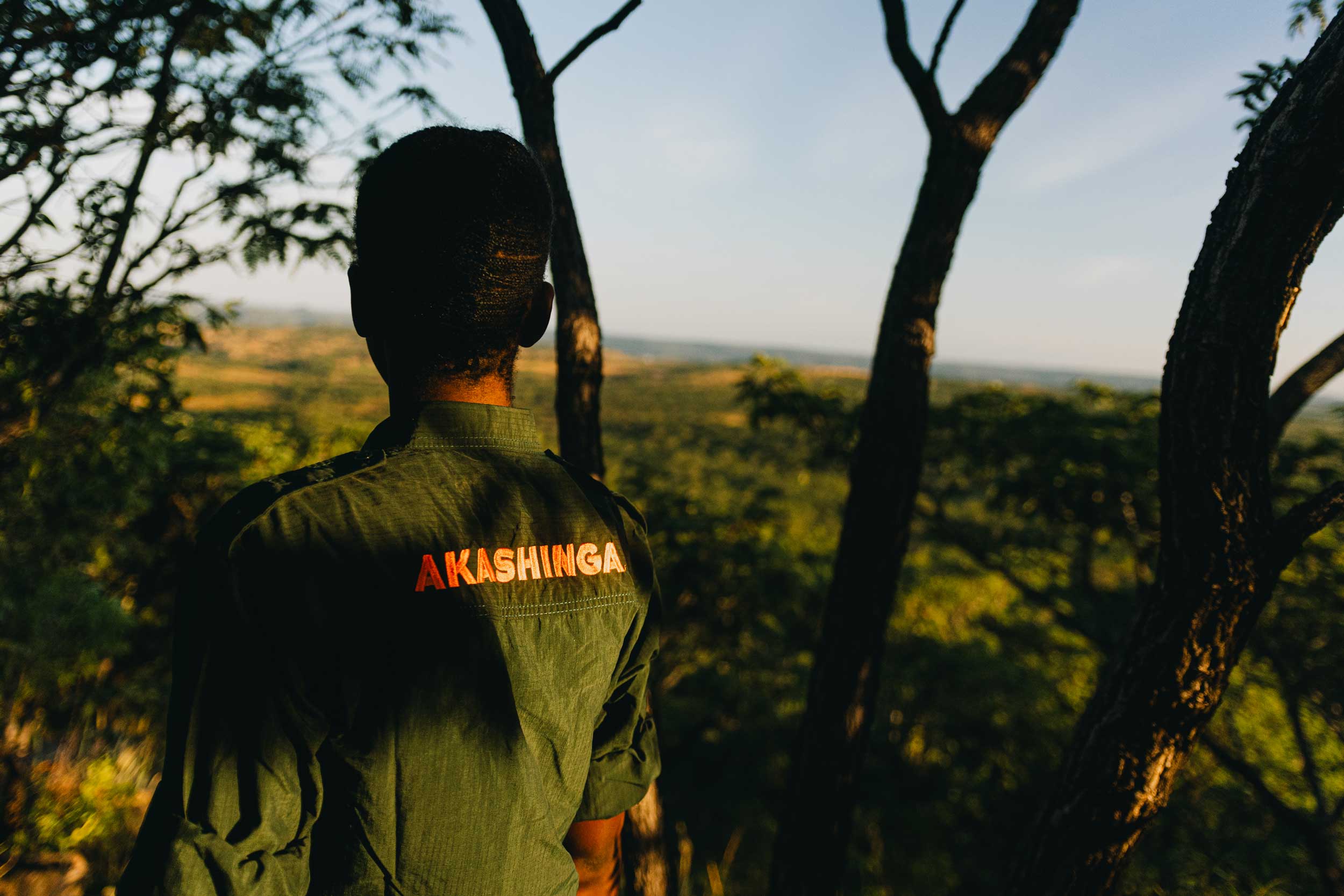
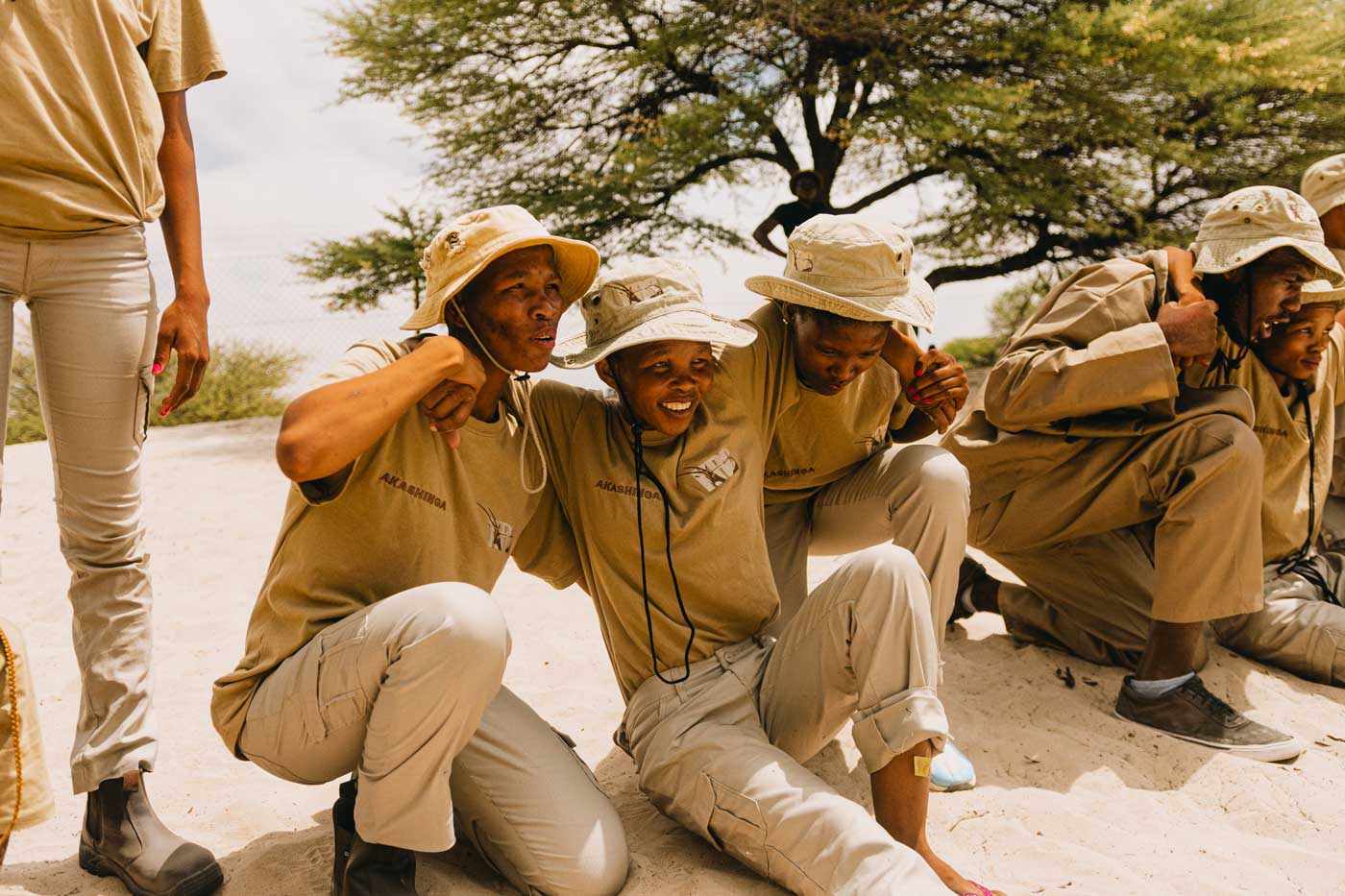
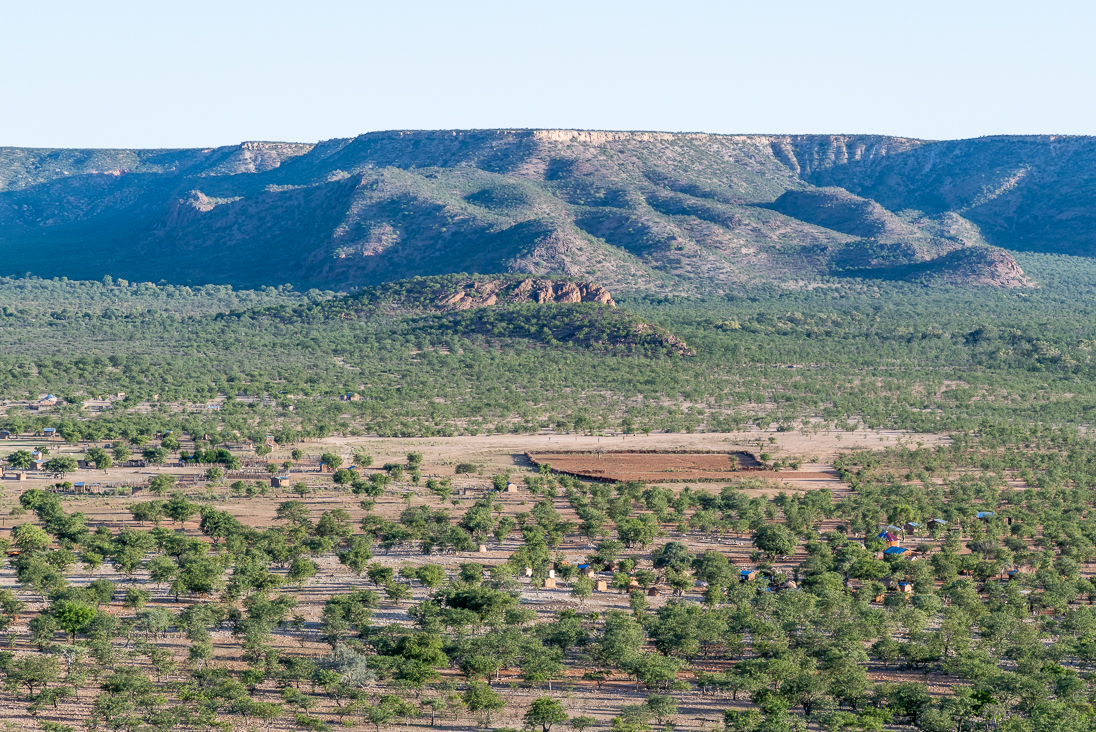

Leave a Reply